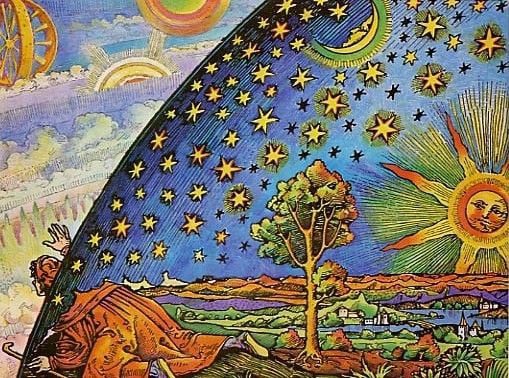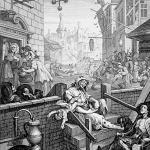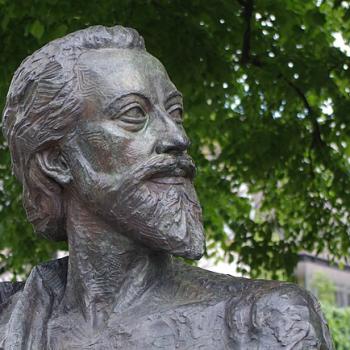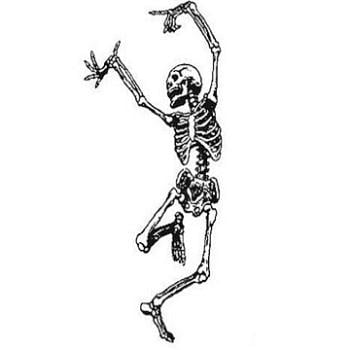According to tradition Bardaisan, or sometimes Bardesanes, was born into a wealthy pagan family in Edessa (today Sanliufa, Turkey) today, on July 11th, 154 in our common era. He was educated with the princes of the Abgar dynasty. He became a Christian and was ordained a priest within the Syriac church. Later he served as an advisor to the royal court. With the fall of Abgar IX, he fled to present day Armenia. He died there in 222.
In addition to being a scholar and a poet, Bardaisan was an enthusiastic evangelist and attracted a significant number of followers.
Today we know of him almost entirely through his opponents. So, much of it is through a glass darkly. What we can be sure of is that in his time and for years after his death Bardaisan was an influential theologian, philosopher and poet. Much of his poetry was turned into hymns. And he and a son are considered among the great hymnists of that time.
Theologically Bardaisan was a syncretist, weaving a unique teaching. He attempted to reconcile Christianity with aspects of Greek philosophy, astrology, and it seems Eastern religious ideas. He was a sort of gnostic, at least by the broad definitions of our time. There is an association with Valentinians. I like that depending on who I looked at he was a Valentinian or an anti-Valentinian. Or, perhaps both at different times in his life.
Like many Christians before the Pauline dominance, Bardaisan taught a complicated cosmology. While he seemed ultimately to be a monist, his world was one of a cosmic duality between light and dark. His Jesus was the divine revealer and savior. And Christ’s incarnation and teachings were to redeem humanity from the malign influence of the darkness. Also different from what we usually call gnostics, Bardaisan believed in free will and was opposed to asceticism, at least its excessive forms.
What first caught my attention is that he had a deep interest in India and wrote a now lost book about it. And he seems to have interviewed both Hindu and Buddhist monastics. Porphyry writes of Bardaisan representing the Roman emperor (whether it was Elagabalus or someone else is not clear) meeting an official delegation of “Bramins and Samanaeans.”
Lacking nearly any of his writings, where these meetings led, and how dharmic religions influenced Bardaisan’s teachings, we probably will never be able to unravel. From what we do know his teachings are generally similar to Valentianism. He appears to have taught a form of reincarnation, and according to Illaria Ramelli may have been among the first Christians to advocate for the ultimate restoration of all souls to God, the Apokatastasis.
He had those who appreciated him for many years after his death, including Eusebius of Caesarea. Bardaisan’s teachings were both opposed and scholars suggest somewhat adapted by Mani as he developed the Manichean tradition. A little more than a century later Bardaisan’s teachings were aggressively opposed on his home turf by Ephrem the Syrian, himself an incredibly important figure in the establishment of the Syriac church. Which was probably the final nail in the teacher’s coffin.
His influence was quite broad for a while. But in the face of fierce opposition it has faded. So, what we get today is a shadow, hints at a very interesting spiritual and intellectual figure at the dawn of the Christian movement. Someone it would be wonderful to know more of.
And who knows, in the deserts of the Middle East there may yet be more jars stuffed with scrolls. Maybe one with a complete collection of his teachings.
We can hope…















